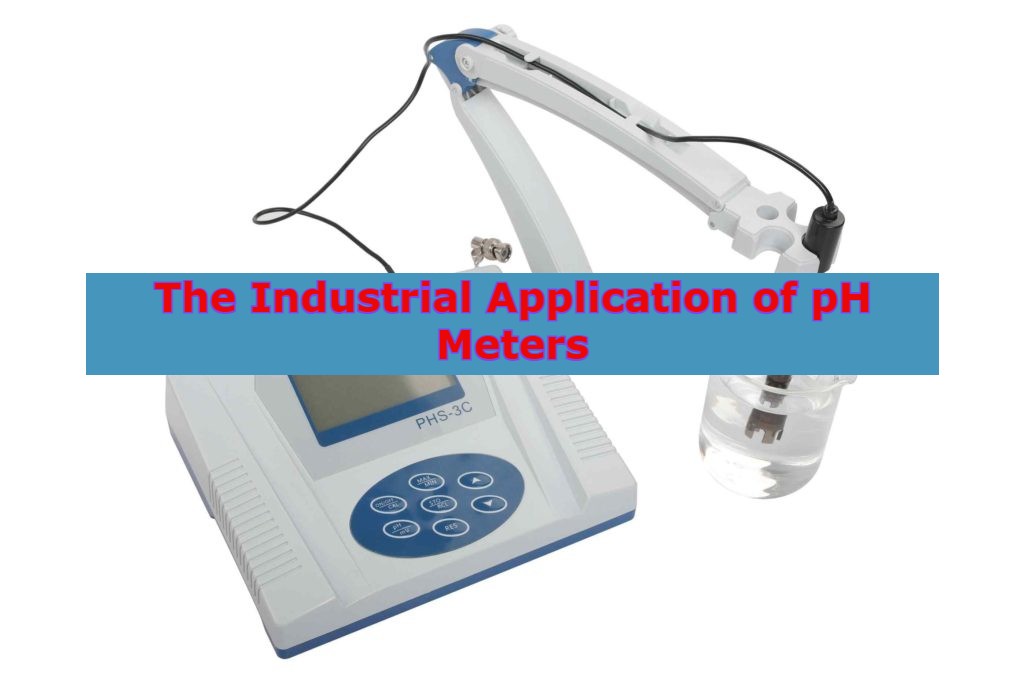The pH of a substance is an indication of how acidic or basic it is. It is usually measured using a pH metre, a device that converts the difference in electromotive forces into a pH value.
Basic pH metres usually consist of a voltmeter connected to two electrodes, one that is pH-responsive and another that is unvarying, for reference. The reading may be done from an analog or digital display.
Testing for pH is important, and that is why the pH metre has found its way into various applications. Below are some of the industries where a pH metre is an essential tool.
The Food Industry
In the food industry, much focus is given to ensuring that products are of good quality and safe for consumers. This includes preventing the growth of pathogens during the physical and chemical steps of food production. Pathogens can cause many problems, from food spoilage to reduced quality and taste.
Monitoring the pH is essential throughout the process. A perfect example is a fermentation, which uses yeasts and molds. These organisms work optimally at specific pH levels, so much attention is given to maintaining these levels. In this situation, pH meters are essential. Another example is jelly making, where pH control is necessary for proper gel formation.
The Paper Industry
A normal part of the paper manufacturing process is the production of wastewater. This byproduct can be detrimental to the equipment and harmful to the environment.
Wastewater contains effluents that can accumulate on the electrodes that paper manufacturers use. These are removed by adding flocculating agents that stimulate precipitation. The tank that stores the wastewater is vulnerable to damage unless a certain pH level is maintained, hence the need for pH metres. It helps keep the equipment safe and signals if the endpoint of the process.
The Textile Industry
Many textile companies use aqueous solutions in their manufacturing process. Balancing the pH is a primary concern to them for various reasons. The ability of oxidizing and reducing agents to do their jobs is highly dependent on the pH level. The pH level also has a direct impact on the solubility of dyes, impurities, and other substances, which changes the amount of chemicals required for a given process. Processing solutions are also affected by pH, which affects their corrosive and scaling potential. All of these factors can affect the quality of the product, the durability of the equipment, and all the corresponding cost implications.
Agriculture
The pH level of moisture associated with soil is perhaps the single most important property that agriculturists focus on. The pH of the soil dictates what types of crops it can support. It affects many chemical and biochemical processes that take place in the soil, thereby regulating the availability of nutrients to the plants. As a result, the productivity of the soil depends heavily on its pH level.
In many cases, soil pH gives valuable insight into what adjustments have to be made to accommodate a specific type of plant.
Soils with low pH levels (high acidity) are generally considered ideal for common agricultural crops. If you want to grow other types of plants, you can “sweeten” or neutralize the soil by adding lime. In this process, you would need a pH metre to determine if you have achieved the desired level or how far off you are from your target.
You can also need to know everything about triple bristle teeth cleaner.




